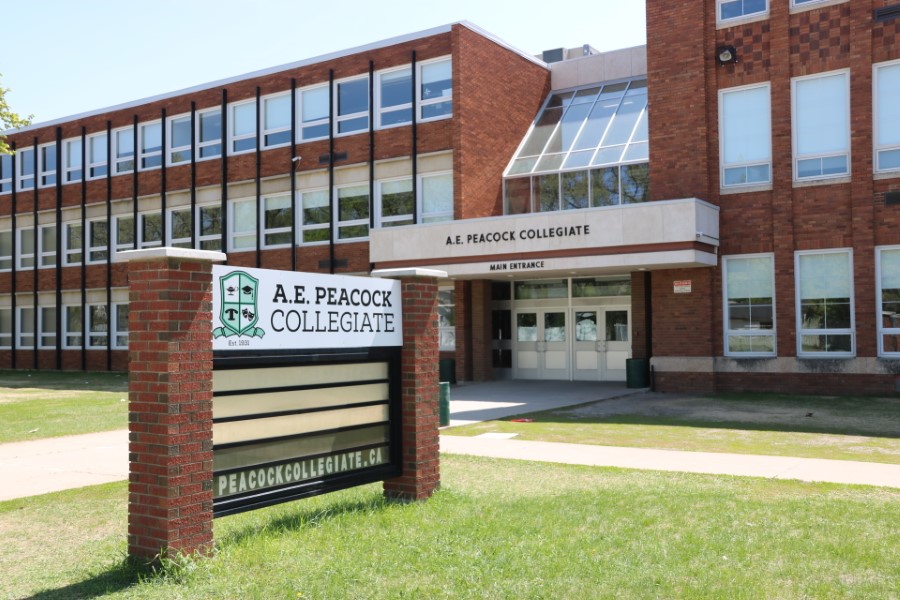Moose Jaw’s A.E. Peacock Collegiate is among the 10 Saskatchewan schools chosen as the winners of the 2025 Mosaic School Nutrition Challenge. Each school will receive a $15,000 grant to be used to implement or expand nutrition programs, promote cooking or gardening, enhance facilities, increase educational opportunities, and support projects with cultural components.
Since its launch in 2006, the Mosaic School Nutrition Challenge has supported grassroots efforts to improve student nutrition across Saskatchewan.
A.E. Peacock Collegiate applied for the Nutrition Challenge in the latter half of 2024 with the assistance of their Mental Health Capacity Building program. The news about their successful application broke earlier this week, and Tana Arnott, the school’s principal, tells us how they will make use of the funds.
“We're looking at revitalizing one of our kitchen spaces to help them learn skills on how to cook and nutritiously prepare their meals, we're also looking at rejuvenating our learning garden and creating space to be able to raise our vegetables and bring those back into the school with the help of our foods teacher,” explained Arnott.
She says that the addition of $15,000 will go a long way in furthering their goals, and they’re looking forward to making them a reality.
“What we're most excited for at this particular time is that we'll be able to really look at a few spaces in our building and to be able to bring more of those healthy choices to many of our students that have had some nutrition issues in the past,” she said.
“Right now, we have our muffin program, but it's nice to be able to prepare some fresh meals with our fruits and vegetables and also to bring in some supplies as well.”
Arnott is focused on ensuring the grant is used to its full potential by combining facility improvements, access to fresh ingredients, and interactive learning—all aimed at providing lasting benefits for students.
“(The kids) like coming into the kitchen, learning how to make meals and to stretch a budget. We talk a lot about that as well with the kids because we all know that food is expensive at this time,” she said.
“So, being able to purchase those staple items and the ability to prepare healthy meals is a focus in our foods classes. Being able to prepare those meals after school with the kids is something we really want to focus on so they can take (the meals) home to their family.”
Arnott hopes that all the effort put in by both the students and the staff involved in the program will have a lasting impact.
“We're really excited to give those kids an opportunity in a safe space after school to be able to learn those skills and to be able to feel pride when they take that meal home to their family. Right now, we have kids that are working in the garden and preparing all of that space. It's really nice to be able to see the fruits of their labor in the fall when we do our harvest and bring in the vegetables.”
Our Lady of Hope Catholic School, located in the joint-use school being constructed on South Hill, was the other Moose Jaw school set to receive a $15,000 grant. Some of their project highlights include: a universal breakfast program, community cooking classes and nutrition workshops.
